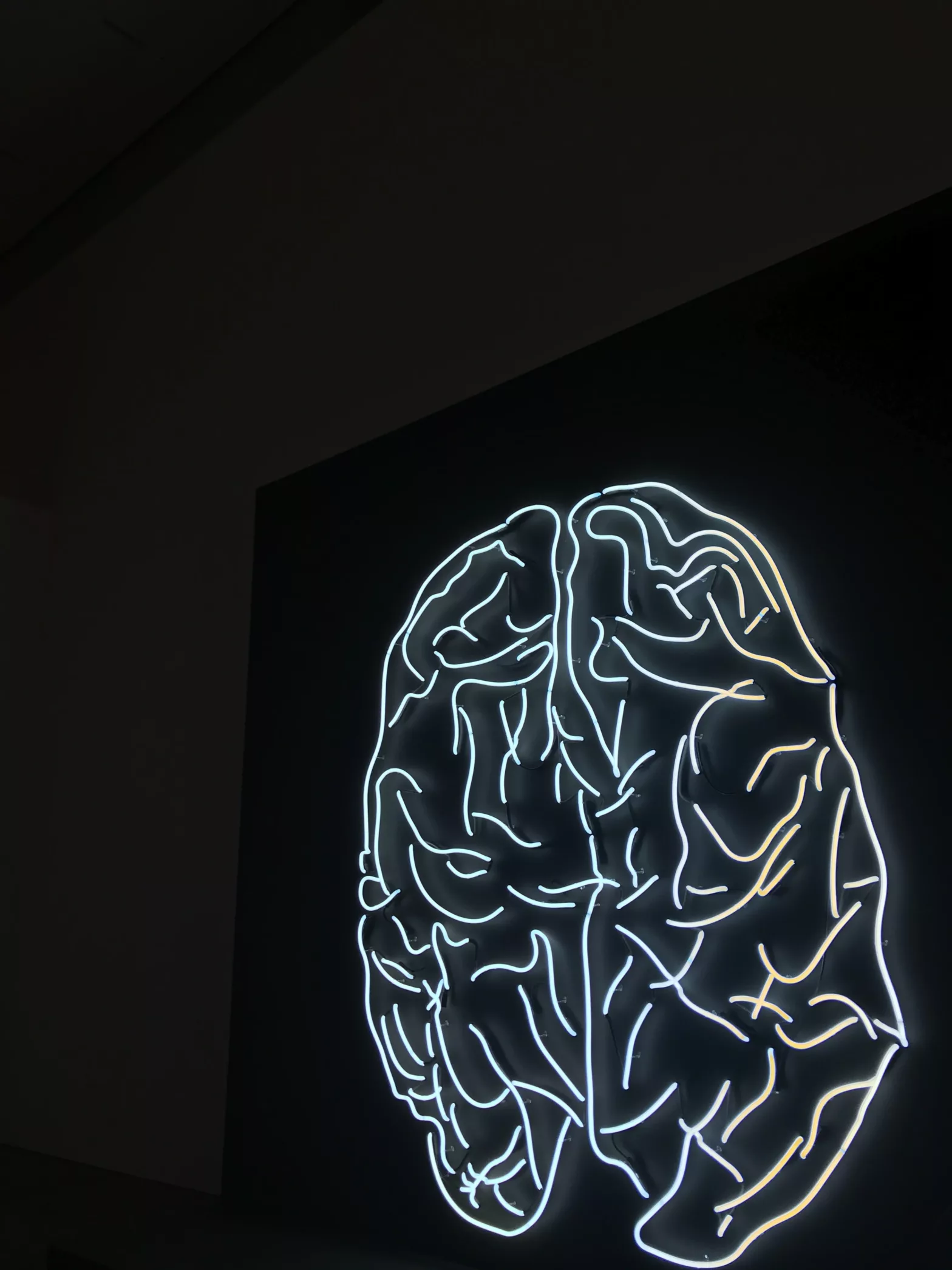The Factual’s media literacy scholarship was open worldwide between March-May 2020. Over 100 entries were received in the high school category. The essay prompt was: ““In the digital age, access to information has broken down countless barriers. However, it has also provided the platform for disinformation to spread, leaving it up to the audience to determine what to believe. What does it mean to you to be ‘informed’?” Joanna Liu’s essay was awarded honorable mention in the high school category.
Information is fluid. It bends to the will of the reader and the writer, either swaying subconsciously or undulating intentionally. In the back of our minds, a faint voice murmurs, “Twist these words; this is what I want to hear.” The writer crafting his next article ponders, “Did I overstep my boundaries? Wait, it doesn’t matter – as long as my content is eye-catching!” Becoming informed is not simply a black-and-white situation. With the internet sculpting our rose-tinted glasses, the way we process knowledge has become increasingly superficial as we face an influx of information.
To become informed is to think with intention. The second part – with intention – is absolutely critical. When our thought process is deliberately activated, it becomes our built-in feature that filters true knowledge from the subtle, yet tainted, opinions found in practically every unreputable news source. But what exactly distinguishes this type of thought from other types? One could argue, “Well, I intentionallythink about what I want for breakfast every morning. How will that make me informed?”
Intentional thought consists of three steps: learning, understanding, and arriving at a conclusion based on prior understanding. The wealth and accessibility of resources online make the first step, acquiring knowledge, a simple task. The wisdom that was once buried in books can be unraveled instantaneously with a single Google search. Kant’s philosophical revelations or Einstein’s theory of relativity are condensed in
5-minute YouTube “crash-course” videos. Group messaging platforms have replaced the 18th-century salon culture while video conferences are held in lieu of Socratic seminars. Because the learning process is constantly being expedited, our willingness to understand what we are learning deteriorates as we trade comprehension for efficiency.
Without understanding, we are under the impression that we are thinking when, in reality, we are simply placing trust on the internet. The sheer amount of online information at our disposal not only makes us reluctant to distinguish right from wrong; we are also less likely to retain what we previously learned. As a physics and math peer tutor, I have frequently encountered this scenario. Some students performed exceedingly well when the problem called for plugging numbers into an equation. However, they struggled immensely when faced with a conceptual question. For the most part, it is safe to say they were experts at learning. But understanding? Not quite. When they forgot a formula, they instinctively reached for their phones rather than suffer through the laborious procedure of standing up, retrieving a textbook, and reading through the material. For a vast majority, the internet replaces long-term comprehension in favor of short-term memorization.
This lack of depth in our thinking process is precisely what makes us prone to misinformed opinions, fake news, and clickbait. When we do not evaluate the truthfulness of what we learn, we run not only the risk of reaching false conclusions but also the possibility of misleading others into believing what we want them to believe. This snowball effect, especially prevalent in social media applications, affects our perception of the world and changes our way of thinking for the worse. We blindly jump on the bandwagon without a concrete reason and mistakenly accept other people’s thoughts as our own.
Both learning and understanding are required to form a complete, coherent thought. Although the internet streamlines the learning process, its usage overshadows the importance of understanding, which results in a shallow level of thinking. To become truly informed, we must break the cycle of mindless information absorption. First, we learn – educating ourselves with the fundamental yet objective truths found in math, science, and the humanities. Second, we understand – asking why and how a particular truth makes sense. And lastly, we conclude – does this piece of information align with my current understanding of the world? Now, when we read that riveting headline on the Huffington Post or hear political backlash on Fox News, we are no longer gullible. We recognize how words can be manipulated, enunciated, and omitted, but this does not stop us from grasping the truth.
Information is fluid, but knowledge is concrete. In the 17th century, René Descartes created the irrefutable proof of one’s existence, “Cogito, ergo sum,” meaning “I think, therefore I am.” Just as the action of thinking allows us to know we exist, intentional thought can pave the way for a person to become informed. Now, if Descartes doesn’t mind, we can slightly alter his argument at the expense of angry dualist philosophers who might read this essay: “I think, therefore I am informed.”

